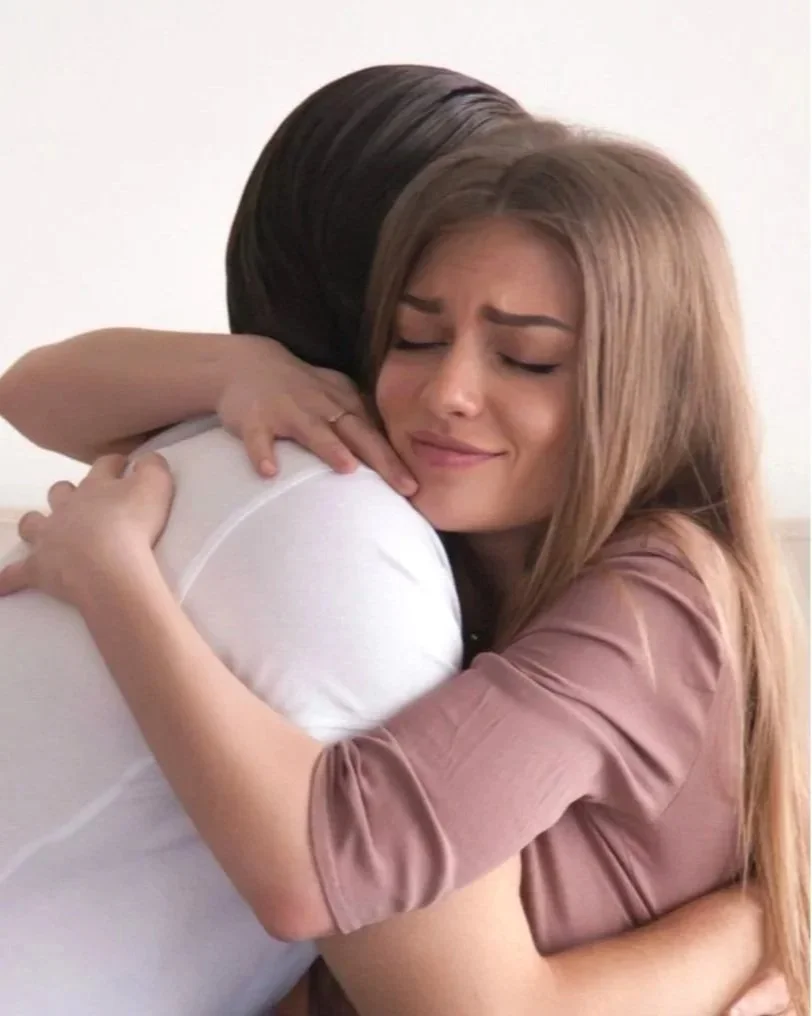
Relationship Counseling
Create more meaningful connection.
Where Love Remains, Healing Begins.
Family Therapy for Grief, Trauma, and Challenging Life Transitions
Coming together, in a neutral space, offers an opportunity to
have your experiences witnessed and honored
develop understanding of each individual family member’s style of coping or grieving,
process emotional, physical & relational changes,
build empathy & understanding,
create health coping strategies or grief rituals,
strengthen a nexus of support,
manage conflict should it arise,
and fortify bonds.
Family therapy can be a beacon of hope for families struggling with a difficult circumstances. This especially true when there has been a significant loss. Every individual within a family system has a unique perspective and important insight to contribute even when all members are experiencing the same event(s).
A Safe Haven for Navigating the Unimaginable
Couple Therapy for Grief, Trauma, and Challenging Life Transitions
A devastating loss or traumatic event can change your relationship in many ways. And a profoundly painful experience, such as the loss of a child, often lives at the intersection of grief and trauma. Some challenges that couples experience are:
emotional reactivity, intense emotional pain
different coping/grieving styles
communication challenges,
changes in roles / responsibilities,
challenges with physical and emotional intimacy,
loss of life dreams or plans,
feelings of disconnection or isolation
The goal of a trauma-informed approach is to support growth, connection, and understanding. Accordingly, couple therapy generally focuses on:
the shared & individual experience(s) of the loss or traumatic event from a holistic, neurobiological perspective that includes cognitive, emotional, physical, behavioral, and spiritual components.
exploration of primary and secondary losses,
integration of practical coping strategies and/or grief rituals for daily living
memory reconsolidation to enhance flexibility and adaptability,
creation of new narratives to support individual and relational growth,
deeper connection with those living and deceased (if you so desire).
As an holistic couples therapist, I often blend different therapy modalities, depending on your needs. This includes, but is not limited, to:
systems theory (understanding the individual within the context of relationships | interconnected parts of a larger system),
the Gottman Method (research-supported interventions and theory),
Emotionally-Focused Therapy (rooted in attachment theory with an emphasis on emotional connection and patterns of interaction),
the Developmental Model (predictable stages of relationship development),
AIP | EMDR (the brain’s natural processes for storing, retrieving and reconsolidating information), and
Polyvagal theory (the role of the nervous system in shaping our experiences).


